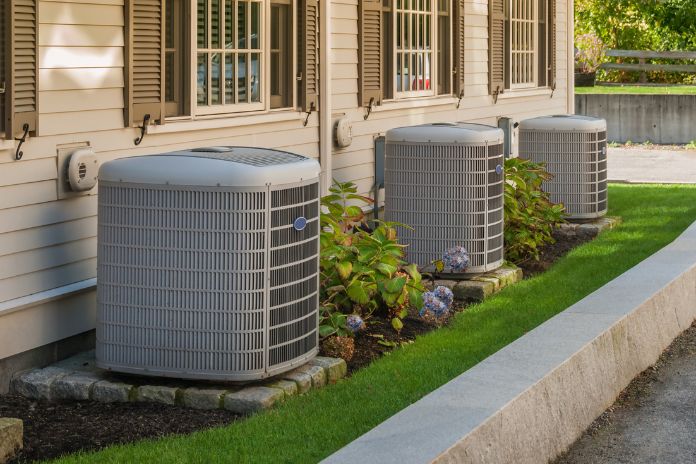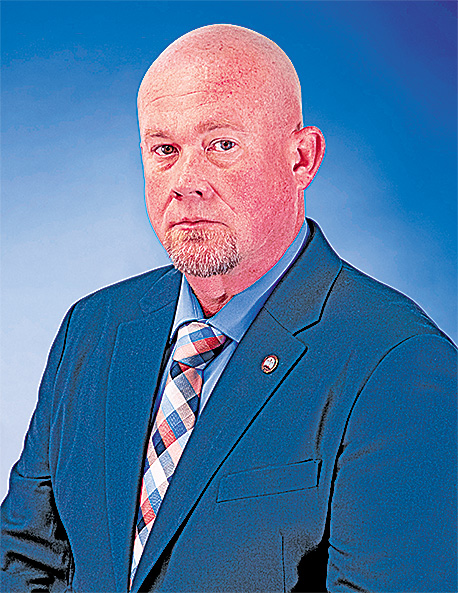
As temperatures continue to transition from warm summertime air to crisp fall breezes, you’ll notice the change in season brings forth more than fallen leaves and apple cider. To accommodate shifting temperatures and weather conditions, homeowners will often put their central cooling systems to rest and gravitate toward their HVAC system’s heating settings.
Surprisingly, this specific time of year is when HVAC units will experience the most issues that impact their functionality. Here are some common fall HVAC system issues and how to fix them.
Duct Leaks
Duct leaks often contribute to cold and hot spots around the home, leading to an overall discomfort that affects your quality of life. These leaks often come from the HVAC unit’s distribution network; disconnected ducts, loose joints, and network damage may allow heat to escape.
Once your HVAC system lets the energy escape, it will continue to waste additional energy to replace the initial loss. Ducts are challenging to repair on your own, so it’s wise to contact a professional to help seal ducts.
Clogged Drains
As aesthetically pleasing as they are, fallen leaves can affect your HVAC system in a variety of ways. For example, the excessive moisture from the leaf litter encourages mold growth that soils the evaporator coil.
Once lines clog, the moisture will travel back into the HVAC system and spill out through another end. It helps to frequently clean your equipment to minimize the frequency of clogs. You’ll also want to remove fallen foliage around the unit and your yard.
Dirty Air Filters
Air filters work alongside your HVAC unit to filter out harmful contaminants and debris before they enter your home. However, most air filters last about three to four months before their filtering efficiency significantly decreases.
A clogged or dirty air filter can contribute to multiple HVAC system concerns. For instance, your HVAC system may have to work harder to filter the air within the home, increasing the chances of the system overheating and causing significant wear and tear.
To avoid placing unnecessary stress on equipment, you’ll want to replace your air filter every three months; consider placing a reminder somewhere visible to help you remember.
Although one of the most anticipated seasons of the year, fall has downsides that can affect your HVAC system. However, knowing how to fix common HVAC fall system issues grants you the opportunity to prioritize maintenance and extend your unit’s service life.







